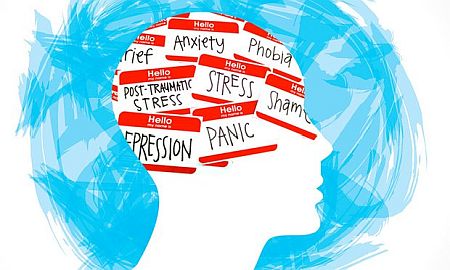For many organizations, resilience has become synonymous with stress management, but the resilience challenges post and during the global pandemic present brand new challenges that need brand new solutions. The Wellness Council of America (WELCOA) and Unmind partnered on a survey project to identify the current state of organisational burnout and resilience
from multiple perspectives.
This study sought to identify what employer’s challenges are when working to protect employee mental well-being, what’s working best, and what their major concerns are for the future.
Overall, the survey identified that there is a mental health crisis that does not seem to be resolving. A lot is being done by employers, but they don’t know if they are doing the right things.
Some disturbing results:-
* 90% of employers are concerned that their employees are experiencing burnout, and for good reason.
* 45% of employees have experienced symptoms of burnout over the last twelve months.
* 38% of employees say their mental health and well-being has been negatively impacted by COVID-19.
More than the current state of burnout and overwork described by the survey population, survey Findings begin to reveal a compelling story about the impending mental health crisis or “mental health pandemic.”
43% percent of employers feel that the pandemic has negatively impacted their ability to help employees advance in their careers, and sixty-five percent believe the employee mental health implications of COVID-19 will negatively impact business performance over the next 12 months.
The workers response
Only 37% of employers feel they have a strong understanding of the mental health and well-being of their people; this can be compared to the only thirty-one percent of employees who actually feel supported.
Offering flexible remote working is not enough, as one respondent described it, “Working at home due to the pandemic does not equal being flexible. These employees tend to work more because they do not have a commute either way.
By the numbers, 86% of employers are offering flexible remote working as a strategy for combating burnout, but only thirty-one percent of employees feel like their employer has taken steps to support their mental health.
Barriers and concerns
Employers are doing a lot of great work to address burnout and build more resilient organizations, but there are many unknowns and concerns. Just over half (55%) of respondents believe they have adequately supported their people. The majority (90%) are either concerned or very concerned that their employees are experiencing burnout.
According to Dr. Martin Combrinck (PhD), a Corporate Wellness Strategist in Somerset West, it seems as if the situation in South Africa is not much different from the US. There is a definite increase in mental health issues in the workplace and companies need to proactively and strategically plan to address the mental health issue as soon as possible.
According to Dr Combrinck, there are a variety of strategies than can be implemented to look after the health and well-being of employees. “If the mental health aspect is not addressed soon, we might be facing another kind of pandemic”.
Dr Combrinck is the Director of WellSteps-SA , the award-winning employee wellness solution.
Source: WELCOA


